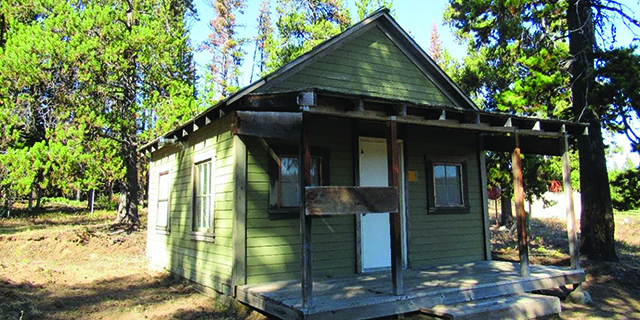Students need to get plenty sleep
Published 12:13 pm Tuesday, September 4, 2018
With summer vacation a pleasant memory and classes in full swing, students are hitting the books, writing papers, playing sports, participating in after-school activities, hanging out with friends and maybe staying up late; perhaps too late.
It sounds exhausting, doesn’t it? So how much sleep do students really need? It turns out, more than you think, and even then, there are differences of opinion from various sources on how much sleep is enough.
Trending
Sleep is essential to good health. Sleep is a time when the body gets a chance to build cells, purge toxins and recharge. If we get too little sleep we risk our physical and mental health.
Without enough sleep we are tired, irritable and can’t concentrate. A lack of sleep compromises our immune system and opens us up to every little germ that comes our way. It is the same with children and teens.
Children who do not get enough sleep leave themselves open to a wide range of physical and mental health issues including low self-esteem and behavior problems at school, according to one source.
The report states children who meet sleep requirements are better behaved, have greater attention spans, improved memory and learning and a better quality of life overall. But how much is enough for a growing child? And is there a point where a child can get too much sleep?
Dr. Lee Brooks, an attending pulmonologist at The Children’s Hospital of Philadelphia, says this: “Not getting enough sleep is linked with more injuries, hypertension, obesity, diabetes and depression, among other health problems.”
According to WebMD, children 3-6 years of age typically need 10-12 hours of sleep. At seven to 12 years, most children need 10-11 hours of sleep. Social activities and family obligations start to influence this age group.
Trending
There is a variance in the number of hours of sleep, with the average for most children being about nine. From 12-18 years, sleep is still just as important as it was when children were younger.
It turns out teens require more sleep than previously thought, with the need being eight to nine hours per night, with most getting only about seven. However, activities, TV, screen time and social media conspire against teens getting the recommended amount of sleep.
A new recommendations from the American Academy of Pediatrics, which is supporting recommendations developed by the American Academy of Sleep Medicine, states that children three to five years of age need 10-13 hours of sleep, children six to 12 years require nine to 12 hours of sleep and teens, and those 13-8 years need eight to 10 hours of sleep. Too much sleep can be a health hazard, too, which is why there are different ranges for different age groups.
In addition, there are recommendations for helping children get a good night’s sleep. The academy advises shutting down all screens 30 minutes before bedtime and keeping all TV’s, smart phones and computers out of children’s bedrooms. Younger children benefit from a structured routine before bedtime and snuggling into bed at about the same time each night. Children’s rooms should be dark, quiet and cool.
Dr. Maida Chen, director of the Pediatric Sleep Disorders Center at Seattle Children’s Hospital says what works for one family may not work for another.
“Each family needs to find what works best for their dynamic and overall function — there is not a ‘one-size-fits-all’ solution to sleep,’” she said. “Even a ‘decent hour’ is defined differently in different families, cultures and situations.”
Ann Bloom is a nutrition program assistant for the OSU Extension Service in Wallowa County.









